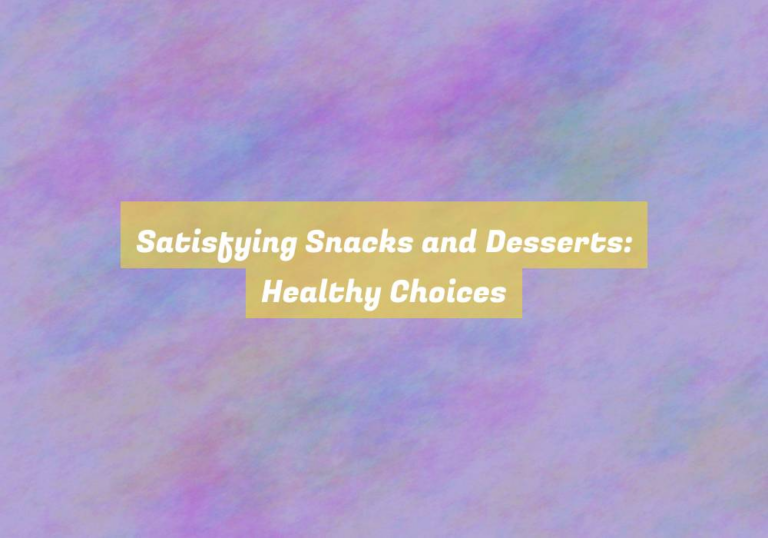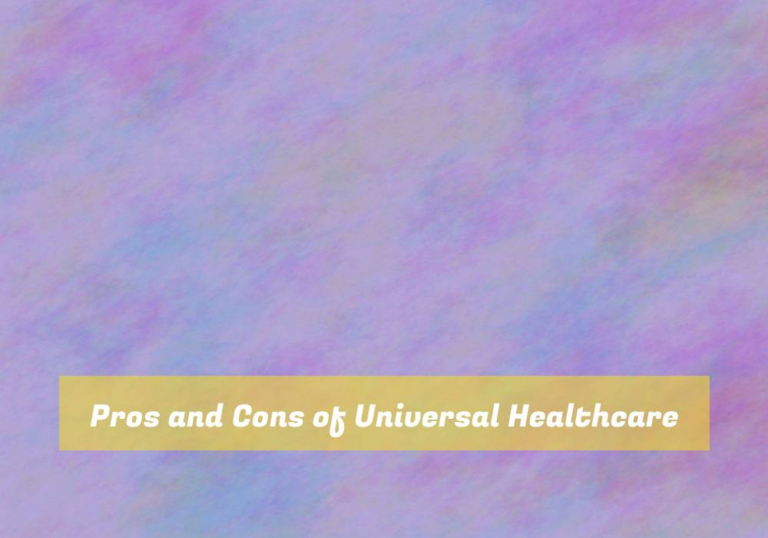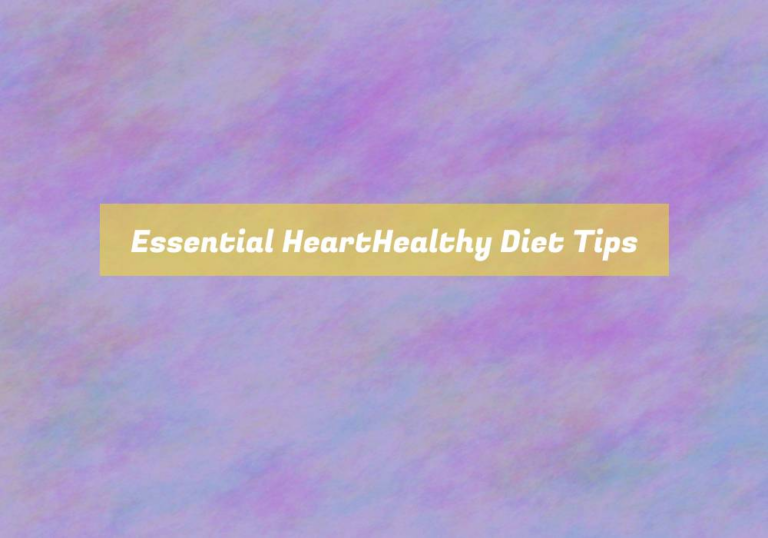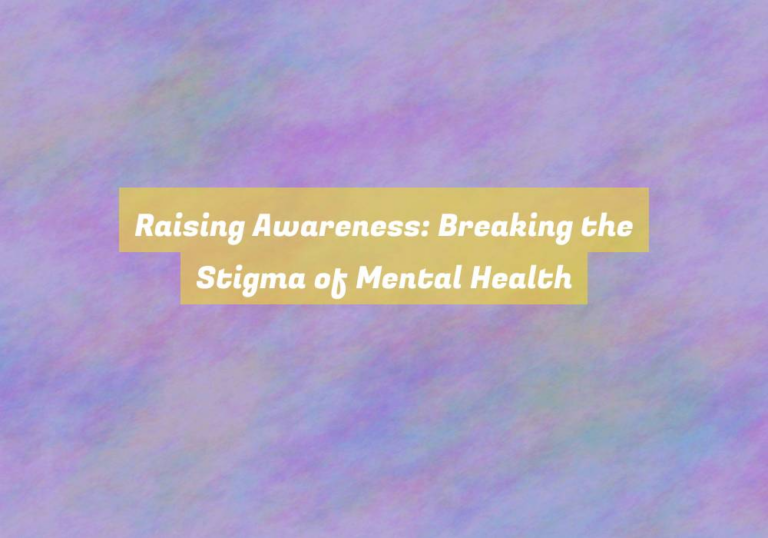FactChecking Health Myths: Unraveling Truth from Fiction
YouG??ve heard countless health myths, from miracle cures to diet fads, and itG??s time to separate fact from fiction. But where do you start? With so much conflicting information out there, itG??s easy to feel overwhelmed and unsure of what to believe.
In this discussion, weG??ll unravel the truth behind these health myths, debunk common misconceptions, and examine popular wellness trends. But donG??t be too quick to dismiss those miracle cures or trendy diets just yetG??there might be more to the story than you think.
The Truth About Miracle Cures
Do miracle cures really live up to their promises, or are they just another health myth? ItG??s a valid question, and the answer might surprise you.
The truth is, miracle cures often fall short of their lofty claims. While itG??s natural to seek a quick fix for health issues, itG??s essential to approach miracle cures with skepticism. Many of these so-called miracle cures lack scientific evidence to support their efficacy. Instead, they rely on anecdotal stories and exaggerated testimonials to lure in unsuspecting individuals.
In reality, the best approach to health and wellness involves a combination of evidence-based medicine, a balanced diet, regular exercise, and proper medical guidance. While it may not be as glamorous as the allure of a miracle cure, this holistic approach is backed by research and has proven to be effective in promoting overall well-being.
Debunking Common Diet Fads
If youG??ve ever been tempted by the allure of quick fixes for your health, itG??s time to separate fact from fiction, starting with the debunking of common diet fads.
One prevalent myth is the idea that cutting out entire food groups, such as carbohydrates or fats, is the key to successful weight loss. However, research has shown that balanced and varied diets, including a moderate intake of all food groups, are more sustainable and beneficial for overall health.
Another popular diet fad is the notion that detoxes and cleanses can rid your body of toxins and lead to rapid weight loss. In reality, our bodies have their own efficient detoxification systems, primarily the liver and kidneys, and thereG??s little scientific evidence to support the effectiveness of these extreme methods. Moreover, they can be harmful and lead to nutrient deficiencies.
Additionally, the belief that certain G??superfoodsG?? possess miraculous powers to cure diseases or drastically improve health isnG??t entirely accurate. While nutrient-dense foods like berries and leafy greens offer numerous health benefits, they arenG??t magical solutions. A well-rounded and balanced diet is essential for achieving and maintaining good health.
Unveiling Misconceptions About Exercise
Uncovering the truth about exercise can help you make informed decisions and maximize the benefits of your physical activity routine. One common misconception is that you need to work out for hours to see any results. In reality, the quality of your exercise is more important than the quantity. High-intensity interval training (HIIT) has been shown to be effective in a shorter amount of time.
Another myth is that strength training will make you bulky. In fact, incorporating strength training into your routine can help you build lean muscle, increase metabolism, and improve overall body composition.
Additionally, many people believe that if theyG??re not sweating, theyG??re not working hard enough. While sweating can be a sign of a good workout, itG??s not the only indicator of physical exertion. The most important thing is to listen to your body and ensure youG??re challenging yourself in a safe and sustainable way.
Examining Popular Wellness Trends
Exploring the latest wellness trends can provide valuable insights into popular approaches to health and self-care. From intermittent fasting to CBD products, it seems like thereG??s always a new trend emerging. ItG??s important to approach these trends with a critical eye and consider their potential impact on your overall well-being.
One popular wellness trend is mindfulness and meditation. Many people are turning to these practices to reduce stress, improve mental clarity, and promote overall emotional well-being. Incorporating mindfulness into your daily routine can have positive effects on both your physical and mental health.
Another prevalent trend is the use of adaptogens. These natural substances are believed to help the body resist stressors and restore balance. While some studies support their potential benefits, itG??s important to consult with a healthcare professional before incorporating adaptogens into your wellness routine.
ItG??s also hard to ignore the rise of plant-based diets. More and more individuals are transitioning to diets that prioritize fruits, vegetables, and whole grains. While this shift can have numerous health benefits, itG??s crucial to ensure that youG??re obtaining all the necessary nutrients.
As these trends continue to gain popularity, itG??s essential to approach them with discernment and prioritize your individual health needs.
Conclusion
Now that youG??ve learned the truth about miracle cures, diet fads, exercise myths, and wellness trends, you can make informed choices about your health.
DonG??t fall for quick fixes or trendy diets – stick to evidence-based practices and consult with healthcare professionals.
Remember, your health is too important to be swayed by myths and misinformation.
Stay informed and prioritize your well-being.







This is such an important topic to address! I’ve also noticed how easily health myths can spread, especially with the rise of social media. Recently, I was drawn into a discussion about a popular detox tea that promised to “cleanse your system” in a few days. Initially, I was intrigued, but after digging deeper, I found little credible research to back those claims. It highlights how crucial it is to maintain a skeptical mindset and seek out evidence-based information.
It’s great to hear your thoughts on this topic. The rise of detox teas in discussions around health really illustrates how easily misinformation can circulate, especially in the fast-paced world of social media. You’re right to emphasize the importance of digging deeper and looking for credible research. Many of these products make bold promises that sound appealing, particularly when they tap into our desires for quick fixes.